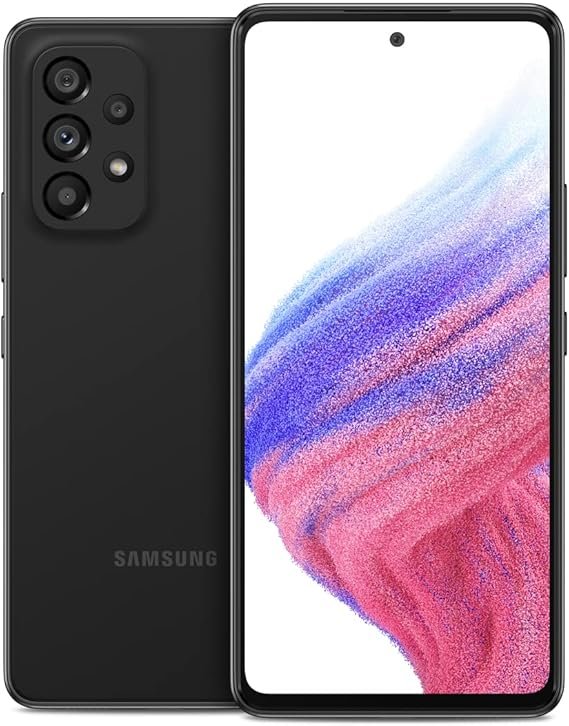Mobile phones are essential tools that offer more than just calling and texting. They come with powerful hardware, advanced cameras, and connectivity options, enhancing our daily lives.
Display
Modern smartphones feature high-resolution displays with vibrant colors. They use technologies like OLED and AMOLED, offering clear and sharp visuals. Screen sizes usually range from 5 to 7 inches.
Performance
A smartphone’s performance depends on its processor and RAM. High-end processors and ample RAM ensure smooth multitasking, gaming, and app usage.
Camera
Smartphones are equipped with multiple cameras, including wide, ultra-wide, and telephoto lenses. They capture high-quality photos and videos, featuring modes like night mode and portrait mode.
Battery
Battery life is crucial for mobile phones. Capacity is measured in milliampere-hours (mAh), indicating how long the phone lasts on a single charge. Fast charging and wireless charging options add convenience.
Connectivity
Phones support various connectivity options such as Wi-Fi, Bluetooth, GPS, and cellular networks (4G/5G). These features ensure reliable internet access, data transfer, and location tracking.
Operating System
Mobile operating systems like iOS and Android provide user-friendly interfaces and a wide range of apps. Regular updates improve security and add new features.
Additional Features
Smartphones come with additional features like biometric security (fingerprint sensor, face unlock), water and dust resistance, and various color options, enhancing functionality and aesthetics.
Conclusion
Understanding the key features of mobile phones helps in making informed decisions when purchasing a new device. Modern smartphones offer a blend of performance, camera quality, and connectivity, making them indispensable in today’s world.

